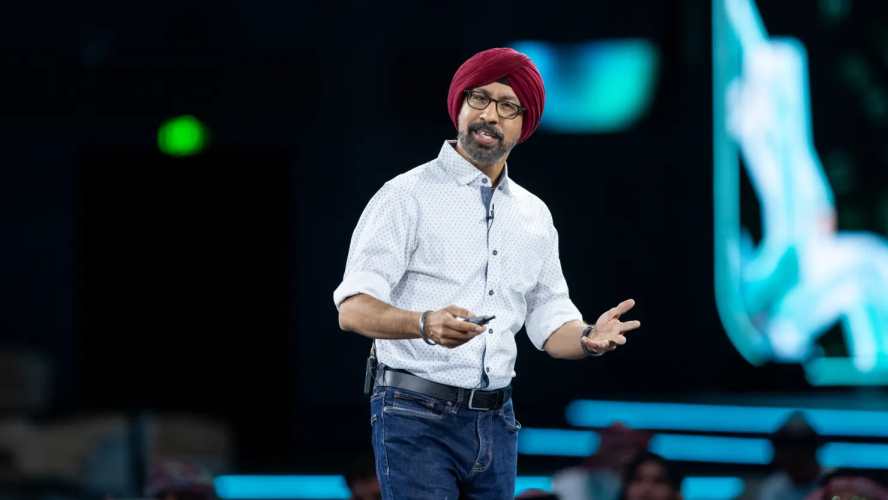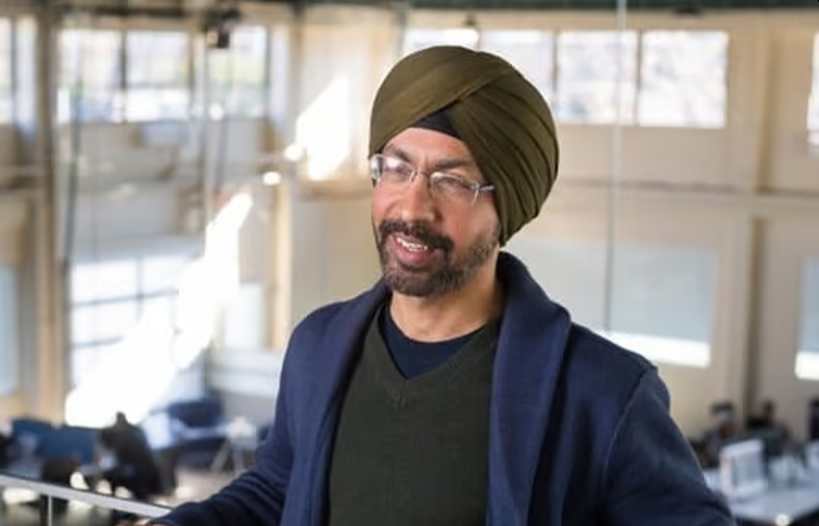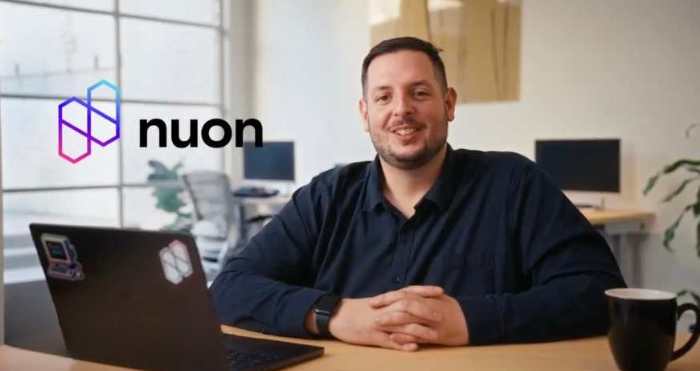Healthcare AI startup Suki teams up with Google Cloud to revolutionize clinical support after $70M funding round

Suki, a healthcare startup founded seven years ago by former Google and Flipkart executive Punit Soni, recently announced a major partnership with Google Cloud to broaden its AI-powered tools for clinicians. This comes shortly after Suki raised $70 million in Series D funding to enhance its AI assistant offerings for healthcare providers.
The company’s flagship products, Suki Assistant and Suki Platform, have been gaining traction as healthcare organizations across the U.S. explore how AI can support clinical tasks. These tools aim to reduce the administrative workload that often contributes to clinician burnout, a widespread issue in the industry.
New Partnership with Google Cloud
Suki’s collaboration with Google Cloud introduces patient summary and Q&A features built on Google Cloud’s Vertex AI platform. These additions aim to go beyond traditional clinical documentation by offering more comprehensive support for healthcare providers.
The patient summary feature provides a snapshot of a patient’s key details, such as age, chronic conditions, medication history, and visit reasons, accessible with a single click. This streamlined approach could save doctors up to 30 minutes per case, according to Soni. The Q&A feature allows clinicians to quickly search for specific information, such as lab results or vaccine history, by typing simple prompts.
“We were never really building a clinical documentation tool only, it was supposed to be an assistant,” Suki founder and CEO Punit Soni said.
Both features are currently available to a limited group of clinicians, with broader access planned for early next year. Suki has emphasized that these updates will not add extra costs for its customers.
Easing Administrative Burden
Suki’s AI assistant allows physicians to record patient visits, which are then automatically converted into clinical notes. This eliminates the need for manual documentation, a task that consumes nearly nine hours of a clinician’s workweek, according to a study by Google Cloud.
Soni highlighted that Suki was designed to be more than a documentation tool. “An assistant can help with documentation, but it can also start doing other things,” Suki told CNBC, pointing to the potential of AI to transform healthcare workflows.
Growing Demand for AI in Healthcare
The demand for AI tools like Suki’s has surged, driven by their ability to address inefficiencies in healthcare systems. Suki has already tripled its client base this year, with its technology being used by 350 health systems and clinics across the U.S. The company’s recent funding round and its new features place it in a competitive market alongside startups like Abridge and major players like Microsoft’s Nuance Communications.
The healthcare sector’s focus on reducing burnout and improving efficiency has made solutions like Suki’s increasingly attractive. Clinicians spend nearly 28 hours a week on administrative tasks, and AI-driven tools are emerging as a way to ease this burden.
Looking Ahead
Suki’s team, which includes veterans from Apple, Google, and IBM Watson, is committed to reshaping healthcare technology. By freeing clinicians from tedious administrative work, the company hopes to allow healthcare providers to dedicate more time to patient care. With its latest innovations and growing adoption, Suki is positioning itself as a leader in the intersection of AI and healthcare.

Suki CEO Punit Singh Soni




